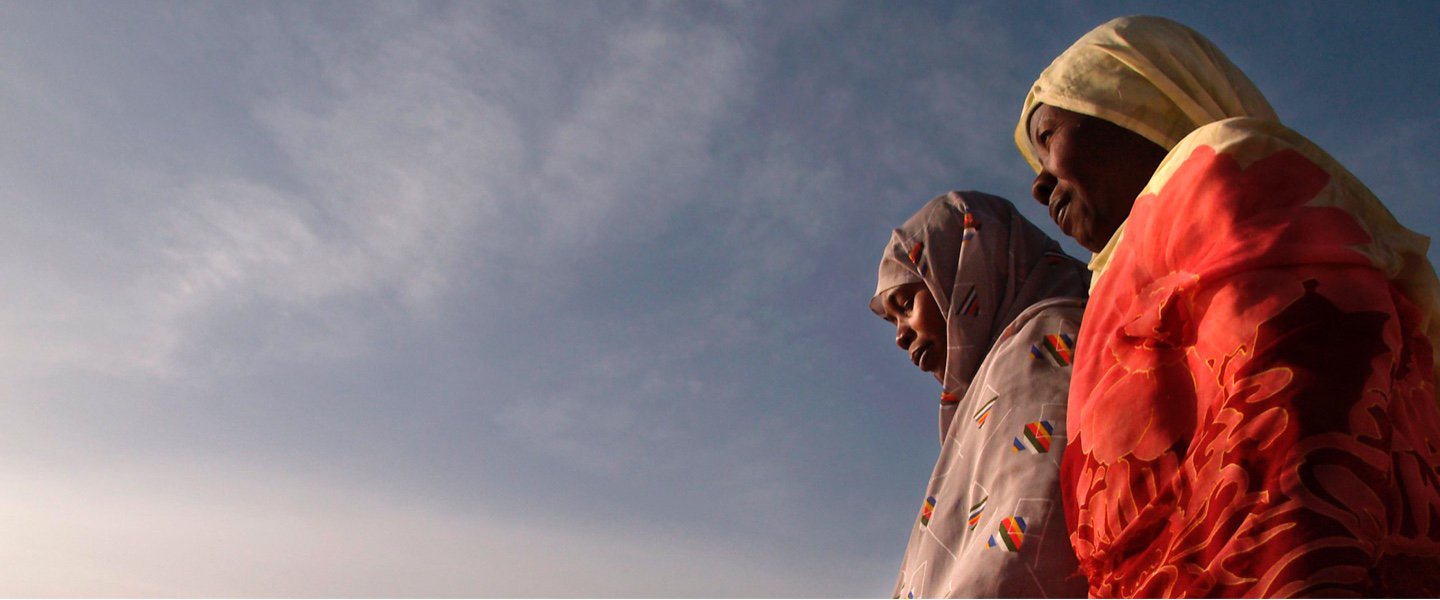IDA countries need more access to digital technology, as well as increased affordability, usage, and inclusion. On a global level, mobile coverage has expanded rapidly, but IDA countries must catch up and the COVID-19 pandemic underscored the importance of addressing the digital divide. In addition to its support to governments, IDA facilitates private capital mobilization to bring in much needed private investment, innovation, and skills transfer to all IDA countries.
IDA20 adopted Technology as a Cross-Cutting Issue to improve connectivity and technology solutions for long-term economic growth, productivity, and job creation. IDA20 builds on the digital transformation work done in IDA19, such as the Digital Economy for Africa initiative, which helped financial services and entrepreneurs.
IDA countries also face emerging cybersecurity and data privacy threats as they embrace digital transformation. During its 20th replenishment, IDA also committed to helping governments create legal and regulatory frameworks, build systems and institutions for cybersecurity, and provide training and investments to make themselves more resistant to cyberattacks.
- In Mauritania, an IDA-supported project extended digital connectivity to previously underserved or unserved areas by deploying 1,700 km of strategic fiber optic links. The monthly price of wholesale broadband access decreased from $7,000/month in 2019 to $54.7 in 2021.
- Over the last decade, the Caribbean Regional Communications Infrastructure Program (CARCIP) increased access to high-quality, low-cost digital connectivity across Grenada (57 percent), St. Lucia (53 percent), and St. Vincent and the Grenadines (56 percent). CARCIP also trained and certified more than 4,300 people in information technology and technology-enabled services.
- The IDA-financed Kosovo Digital Economy helped families in 163 villages across the country get broadband services at the same level as larger cities. Private capital financed 30 percent of the infrastructure built in remote areas. With the expansion of broadband services, most universities are now part of the GÉANT, a pan-European network that promotes knowledge exchange and research collaboration.
Last Updated: Mar 15, 2023




